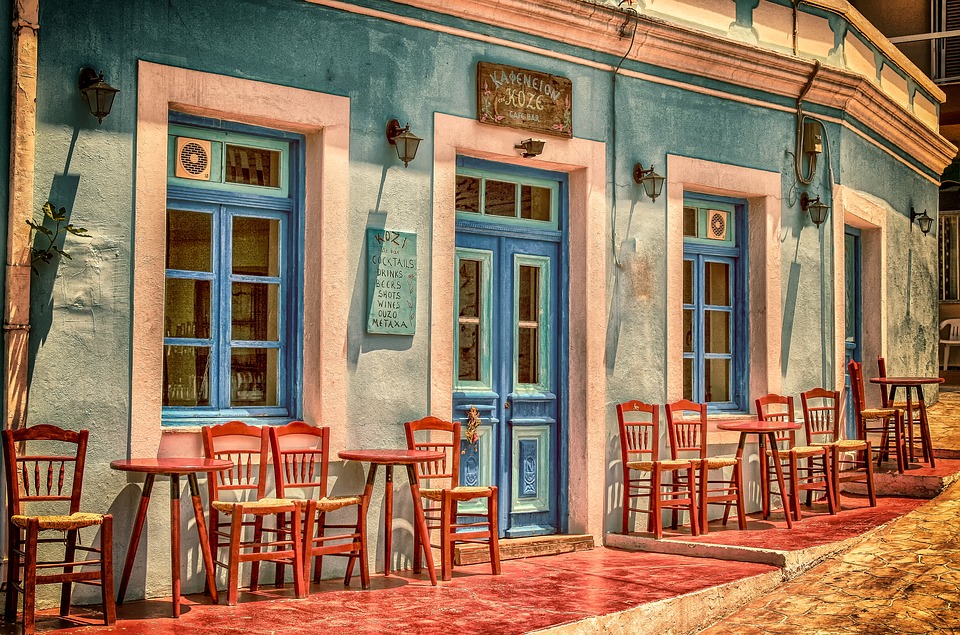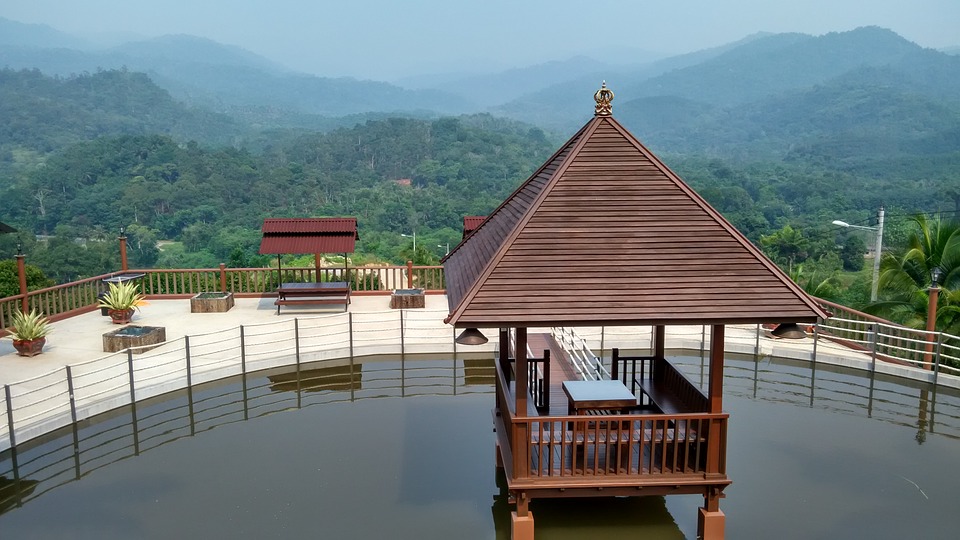In five minutes or less, keep track of the most important news of the week, curated just for you. We present to you hand – picked news on latest industry perspectives and some general updates. Read on!!

eRevMax announces strategic partnership with Indonesian hotel technology provider HUNTECH
Indonesian hotel technology solution provider Huntech has signed a strategic partnership with eRevMax to offer RateTiger as a preferred channel manager to its affiliated properties. The agreement makes Huntech the official provider of RateTiger Suite, the industry’s leading distribution platform with smart channel connectivity, market intelligence and revenue management capabilities.
Hotel sourcing in 2020: What’s really changing?
Some companies have made headlines recently by declaring traditional sourcing models dead. However, there are still some practices that will remain the same, according to CWT. There are exciting changes coming to the sourcing world in 2020 including new rates worth exploring, tools that will make data collection and analysis easier, and methods that will improve negotiations.
https://news.carlsonwagonlit.com/blog_posts/hotel-sourcing-in-2020-whats-really-changing-85618
18 ways to boost hotel bookings
Net Affinity shares 18 tips together that will help you get more bookings and, in turn, more revenue.
https://blog.netaffinity.com/18-ways-to-boost-hotel-bookings-and-get-more-revenue-2/
Google wants industry-wide standards to balance privacy and ads personalization
Google is seeking to navigate a middle path that balances privacy and user control over data and personalized advertising, which the internet has become increasingly dependent on.
How hoteliers create, monetize the guest experience
The hotel industry is in an era where experience matters most to guests, which is why it’s important for hoteliers to find ways to create great experiences from the travel search phase to hotel arrival while making those efforts profitable.
http://hotelnewsnow.com/Articles/297681/How-hoteliers-create-monetize-the-guest-experience
Social preferences of young business travelers
Hilton Hotels & Resorts released new survey findings uncovering the travel highs and lows for young professionals, ages 23-35, who attend meetings while on the road.
The survey revealed that while young business travelers prefer a buzzing social environment and in-person interactions during regular work hours, they would rather spend their evenings on their own.
https://lodgingmagazine.com/survey-reveals-social-preferences-of-young-business-travelers/
What’s next for Google’s expansion into vacation rentals?
Google is constantly improving its offering, so it wouldn’t be a stretch to imagine that Google could open up the Book on Google addition of Hotel Ads for rentals.
https://www.phocuswire.com/google-vacation-rentals-whats-next
How should my hotel market to “Bleisure” travelers?
Travelers, on average, are adding on 2-3 days of leisure travel on top of a business trip, resulting in more revenue for a hotel and filled inventory on days where occupancy slows down.
https://screenpilot.com/2019/08/bleisure-travel/
Reach out to us for your connectivity needs to make the most of your online revenue- https://goo.gl/3gKUJZ
Thanks and have a good day!














